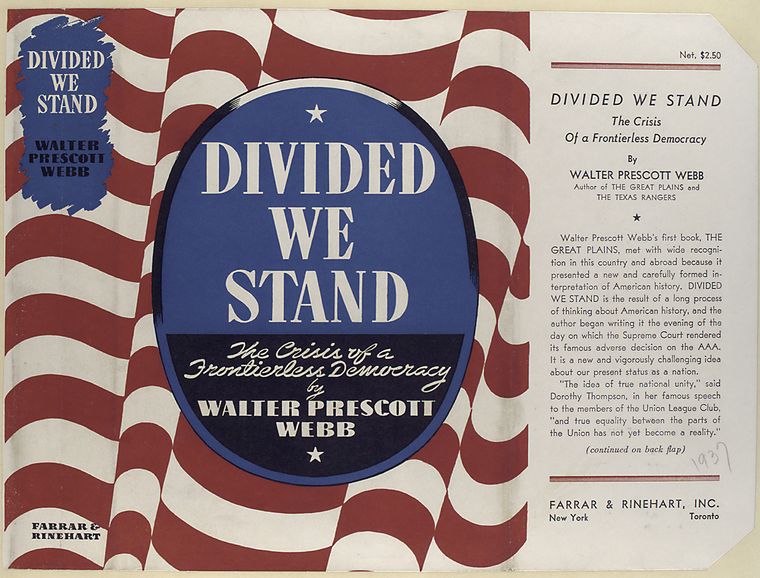
Recently, I read an article in Foreign Affairs Magazine titled “The Real Culture Wars: How Art Shapes the Contest Between Democracy and Autocracy,” by Suzanne Nossel, CEO of PEN America. This piece got me thinking, especially as we approach tonight’s State of the Union and contemplate the broader political season ahead.
In her article, Nossel notes how cultural institutions and the arts have always played a pivotal role in the global contest between democracy and autocracy. She highlights that both democracies and autocracies understand the power of culture in shaping how populations understand the world and themselves. As Nossel states, the efforts to control the most inventive minds, who lead with artistic expression and dictate cultural narratives, starkly contrasts with the democratic imperative to foster dialogue across differences, imagination, and critical thought.
As we navigate a political climate marred by cynicism and a decline in trust towards democratic ideals and institutions, the insights from Nossel’s piece deeply resonated with me. Cultural institutions—museums, libraries, art galleries, theaters, and community centers—are not just keepers of heritage; they are also intended to provide spaces for constructive dialogue, reflection, and understanding, countering the cynicism that threatens the civic bonds that hold communities together.
As we reflect on tonight’s State of the Union and the myriad of issues we face as a nation and world, we should also recognize the critical role that artists and cultural creators play as visionaries of our future. These individuals and their works, often the first targets in times of political repression, as Nossel notes, possess the unique ability to envision new possibilities for the present and the future. Their creations, supported and amplified by our cultural institutions, serve as a potent force against the narratives of stagnation, disillusionment, and division.
Nossel’s article also underscores the importance of supporting culture keepers and creators, particularly in contested societies. By fostering a vibrant cultural sphere, we counter the narratives imposed upon us by anti-democratic efforts, and support public spaces where multiple truths can arise and co-exist.
As we tune into the State of the Union we should remember the critical intersection of culture, democracy, and civic engagement. Our cultural institutions are not mere backdrops to the political landscape, but are platforms where we are all invited to contemplate the past, its impact on the present, and our ability to co-create a more hopeful and sustainable future.
Ayofemi
Chief Strategist
ElevenThirtySix Strategies
Image: General Research Division, The New York Public Library. “Divided we stand : the crisis of a frontierless democracy” The New York Public Library Digital Collections. 1937. https://digitalcollections.nypl.org/items/510d47db-d762-a3d9-e040-e00a18064a99
